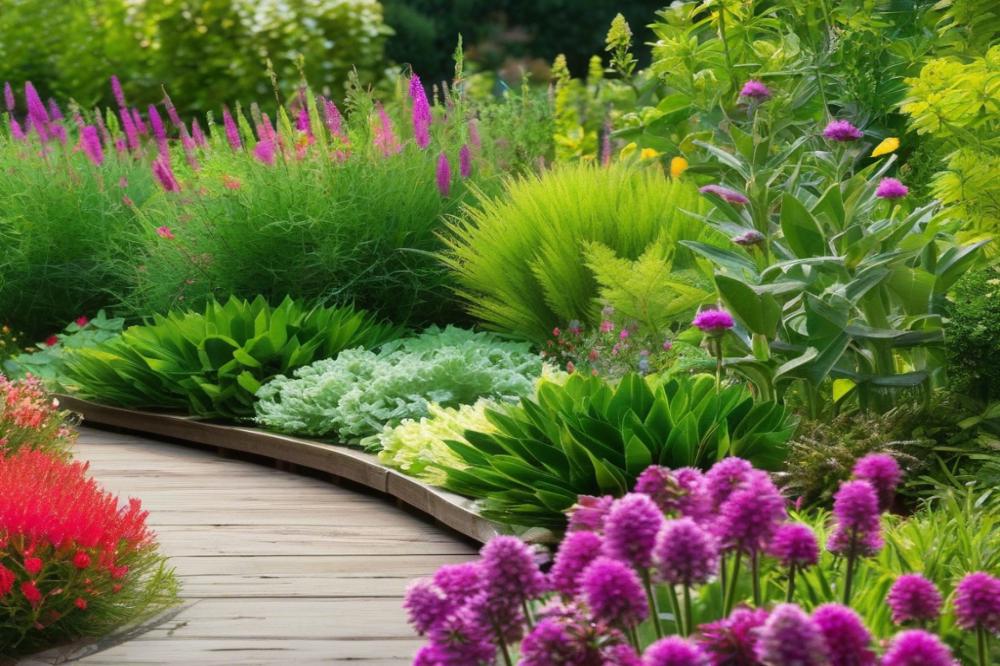The Role of lavender oil in Keeping Pests Away
Organic gardening is becoming increasingly popular. Many people have taken to it as a way to grow their own fresh produce, while also protecting the environment. A crucial aspect of this practice is effective insects“>pest control. Pests can wreak havoc on plants, and when gardeners opt for organic methods, they often seek out more natural remedies instead of harmful chemicals. Thankfully, there are effective strategies available that rely on nature’s own offerings.
One such option is lavender oil, a fascinating natural remedy with strong repellent properties. Derived from the lavender plant, this essential oil provides a pleasant aroma while serving a practical purpose in pest prevention. When used correctly, it can keep insects at bay without introducing toxic substances into the garden. Gardeners looking to harness the benefits of aromatic oils will find lavender oil to be a versatile choice.
Using eco-friendly solutions, like this essential oil, offers numerous benefits. Beyond keeping harmful insects distanced from plants, these methods contribute to a healthier ecosystem. Many DIY pest control techniques are based on sustainable practices. They allow gardeners to protect their plants while being kind to the environment.
With a little knowledge and effort, anyone can incorporate natural pest control into their gardening routines. Choosing lavender oil not only enhances the garden experience but also aligns with the values of those who prioritize safety and sustainability. It’s all about smart gardening choices that yield positive results for both plants and the planet.
Understanding Lavender Oil
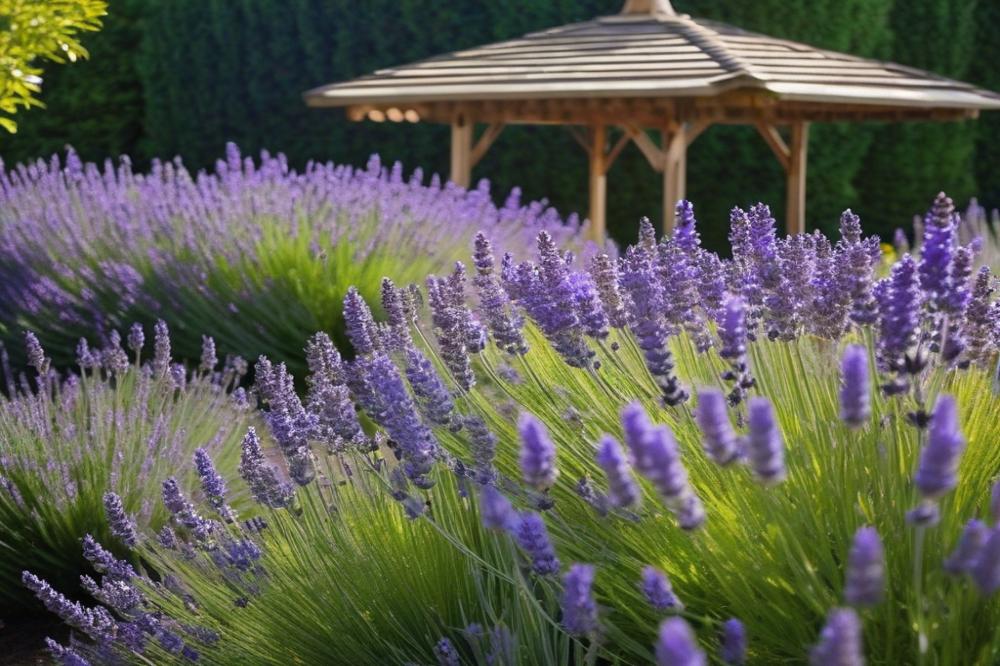

Lavender oil comes from the lavender plant, a purple flower known for its soothing aroma. To create this essential oil, the flowers are harvested and then distilled, usually through steam. This extraction method captures the plant’s natural goodness, resulting in a fragrant oil packed with benefits.
As an essential oil, it offers numerous properties. This remarkable oil is known for its calming effects, but it also serves as a powerful natural remedy for pest control. Not only does it smell wonderful, but it can also help keep various insects at bay. Additionally, many people use aromatic oils like lavender for stress relief and relaxation.
Focusing on pest prevention, lavender oil acts as an effective repellent against several types of insects. Bugs like mosquitoes, flies, and moths are often deterred by its scent. Home gardeners frequently turn to DIY pest control methods using this oil to protect their plants. Spraying a diluted mixture around gardens creates an eco-friendly barrier, making it more challenging for pests to invade their green spaces.
The strength of lavender oil as a repellent lies in its potent compounds. Compounds found in lavender can disrupt the natural behaviors of insects. These compounds often mask the scents that attract pests, making it an ideal choice for those looking to maintain a pest-free environment. Its versatility makes it not just a delightful addition to aromatherapy but also a practical solution for tackling unwanted visitors.
The Insects Lured by Your Garden
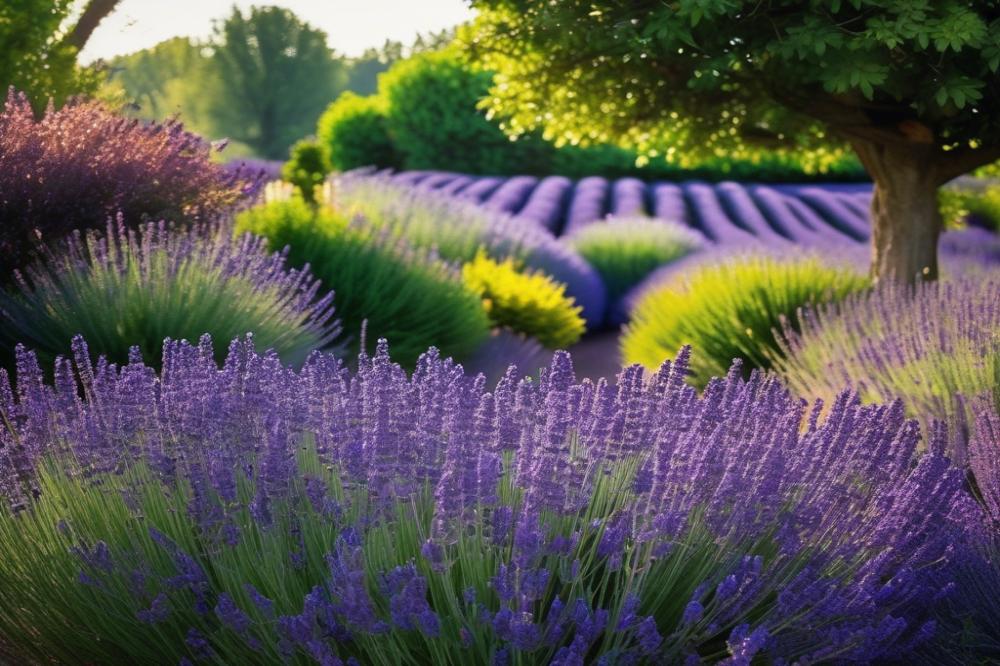

Gardening can be delightful, but it also comes with challenges. Common pests can wreak havoc on beautiful plants. Aphids, spider mites, and whiteflies are just a few villains that threaten your garden. These insects not only damage plants but can also disrupt the entire ecosystem you’ve worked hard to maintain.
Common garden pests and the challenges they pose
When pests invade, they tend to feast on leaves, stems, and flowers. Aphids suck the sap from plants, causing wilting and stunted growth. Spider mites leave behind webs, making plants look neglected. Whiteflies can multiply rapidly, creating a sticky mess known as honeydew. Controlling these pests becomes essential for a thriving garden.
Overview of insects that are deterred by lavender oil
Fortunately, many insects shy away from the aromatic oils found in the lavender plant. This natural remedy acts as a repellent against various common pests. Mosquitoes, for instance, dislike the scent of lavender. Fleas and moths also tend to stay away, seeking refuge elsewhere. Using essential oils can help create a pest-free zone while remaining eco-friendly.
The ecological impact of pests on gardening
Insects can have more than just a physical impact on plants; they can also affect the ecological balance. Beneficial insects, such as bees and ladybugs, may be harmed by chemical pest control methods. Embracing DIY pest control solutions is a way to protect these allies and keep pests at bay. Implementing natural solutions fosters healthier gardening practices and promotes biodiversity.
Using Lavender Oil in Pest Prevention
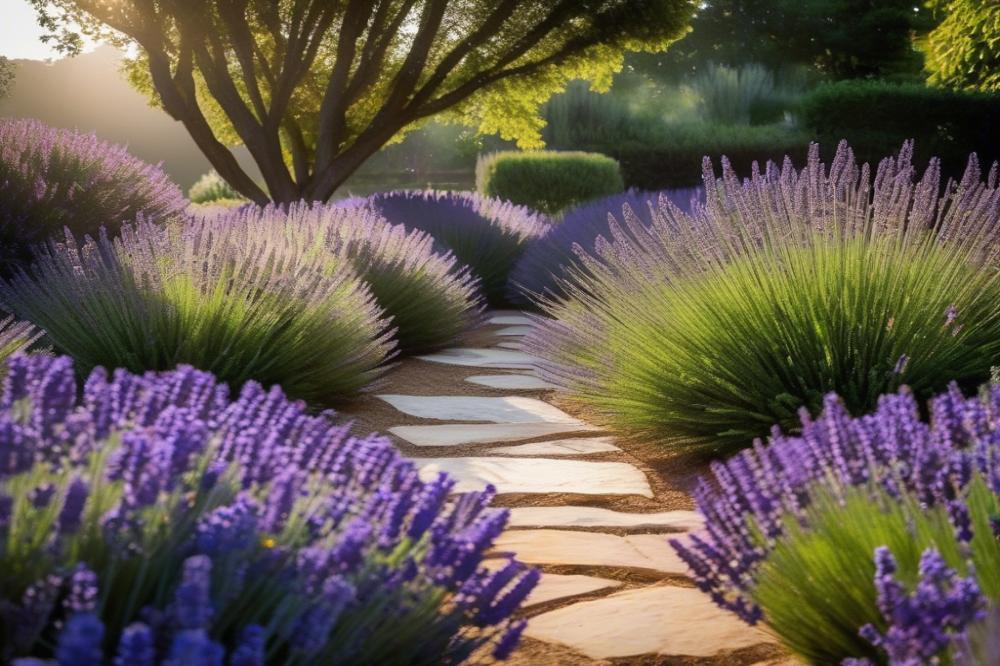

Incorporating this aromatic oil into your gardening practices can make a significant difference. The lavender plant is not just beautiful; it also acts as a natural remedy against various insects. You can grow lavender around your vegetable garden or flower beds. This simple step creates a barrier that can deter pests effectively.
DIY Pest Control Recipes
Creating your own pest repellent is easy and fun. Combine a few drops of lavender with other essential oils like peppermint or tea tree. Mix them with water in a spray bottle. Shake well before using. This powerful blend can target insects like mosquitoes, flies, and aphids. Applying it directly to affected plants will keep those unwanted guests at bay.
Application Tips for Maximum Effectiveness
Using the repellent requires a few strategies for success. Apply it during cooler hours of the day, early in the morning or late in the evening. This ensures that the oils won’t evaporate too quickly. Focus on the undersides of leaves and around the base of plants. These are common hiding spots for pests. Regular application is key, especially after rain or heavy watering.
Feel free to experiment with different ratios to discover what works best for your needs. Remember, eco-friendly pest prevention doesn’t mean sacrificing effectiveness. With a little effort, you can keep your garden healthy and thriving, all while enjoying the delightful scent of your lavender plant.
The Benefits of Aromatic Oils for Pest Control
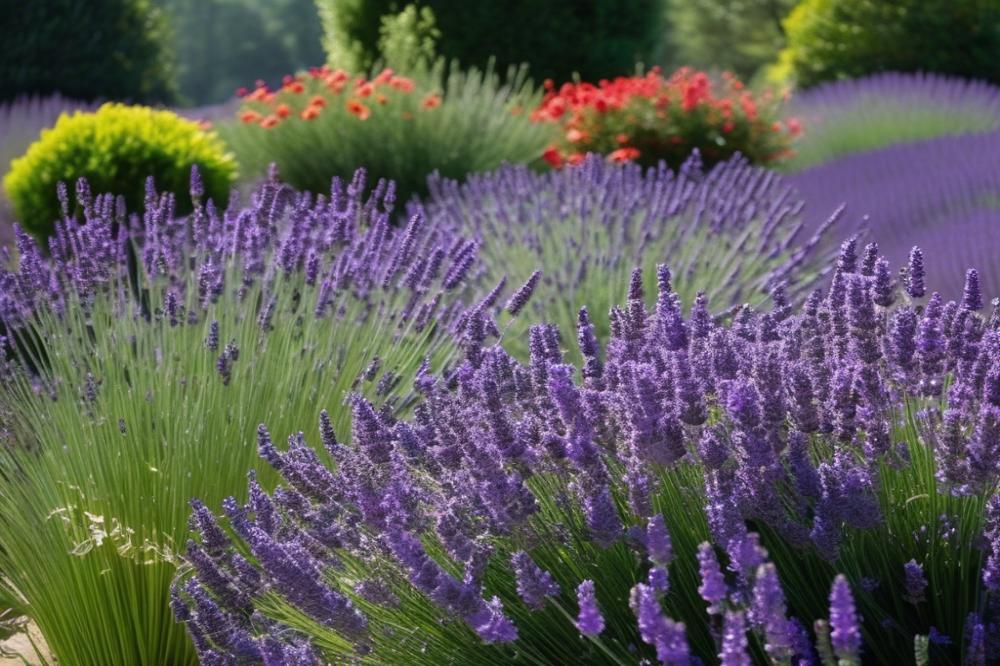

Aromatic oils play a key role in pest prevention. They offer a wonderful alternative to chemical sprays. Many gardeners are leaning towards natural remedies, making their gardens safe for both plants and people. Among the many options, lavender oil stands out for its pleasant scent and effectiveness against insects. However, it is not the only player in the field of DIY pest control.
Comparison of Lavender Oil with Other Aromatic Oils in Pest Prevention
When we compare lavender with other essential oils, the results can be quite striking. For instance, peppermint oil also shows strong repellent qualities against pests. Citronella oil is renowned for warding off mosquitoes. There are even more contenders like eucalyptus and tea tree oil. Each of these aromatic oils has its own strengths. Some are more effective against specific insects than others. Deciding which oil to use can depend on the types of pests you’re dealing with.
Understanding the Synergy of Using Essential Oils in Combination
Using essential oils in combination can enhance their effectiveness. The synergistic effects can create a stronger barrier against unwanted bugs. For example, mixing lavender with peppermint might give you a broader defense system. Some gardeners swear by the combination of rosemary and tea tree oil. Experimenting with these mixes can lead to powerful pest-preventing solutions. Furthermore, appealing aromas can make your garden a more inviting place.
The Importance of an Eco-Friendly Approach in Gardening
Adopting an eco-friendly approach should be a priority for every gardener. Chemical pesticides can harm beneficial insects and the overall ecosystem. Natural oils present a safer route. They not only repel pests but also help maintain the health of your soil and plants. Many people appreciate the peace of mind that comes from using natural remedies. Keeping our environment clean is critical in today’s world. Embracing aromatic oils allows us to protect our gardens while caring for the planet.
Practical Tips for Gardening with Lavender
How to grow and care for lavender plants in the garden
Growing lavender is relatively easy. Start by choosing a sunny spot with well-drained soil. This plant thrives in hot, dry conditions. If your soil is heavy or clay-like, consider adding sand or gravel to improve drainage. Water the lavender plant sparingly. Overwatering can lead to root rot, which is a common issue. During the growing season, pruning helps keep the plant healthy. Trim back about one-third of the plant after blooms fade. This encourages new growth and promotes a bushier look.
Integrating lavender as a pest deterrent in your garden design
Planting lavender near your vegetables can serve as an effective pest prevention strategy. Insects like mosquitoes and moths usually avoid its fragrant aroma. Consider clustering lavender plants in borders or around smaller crops. This creates a natural barrier against unwanted pests. Using lavender in your garden adds beauty while also protecting other plants. Incorporate it into a butterfly garden too! Its presence attracts pollinators, creating a balanced ecosystem amid your plants. DIY pest control becomes simpler with this natural remedy.
The dual role of lavender as both a decorative and functional plant
Lavender is more than just a lovely addition to any garden. This aromatic oil can infuse your space with delightful scents. Think of it providing color and texture. A sea of purple can brighten dull areas and create a relaxing atmosphere. With its essential oils, lavender offers a refreshing aroma that enhances outdoor spaces. Notably, it serves a functional purpose by warding off pests. It truly offers a unique blend of beauty and practicality. Choosing this eco-friendly plant enriches your gardening experience while keeping your garden healthy and vibrant.
Final Thoughts on Lavender Oil and Pest Control
Recapping the effectiveness of this natural remedy shows that lavender oil has a prominent role in keeping pests at bay. Many gardeners have successfully used its pleasant aroma to deter insects. This repellent quality makes it a favorite among those seeking to maintain a healthy garden ecosystem.
Exploring organic and eco-friendly pest prevention methods is essential. Natural solutions not only protect plants but also support the environment. By choosing alternatives like lavender oil, gardeners can reduce their reliance on harsh chemicals. It creates a more sustainable approach to pest control, allowing plants to flourish without harmful residues.
Incorporating lavender into your gardening practices contributes to a healthier and happier garden. Its unique fragrance attracts beneficial pollinators while warding off unwanted pests. Sustainable gardening practices benefit everyone, and simple steps can lead to a thriving outdoor space. Overall, embracing natural pest prevention methods can transform your gardening experience.


